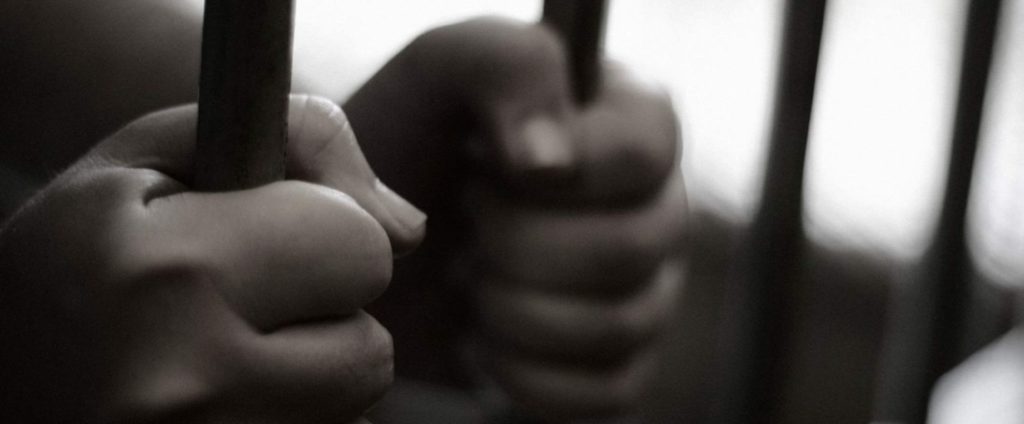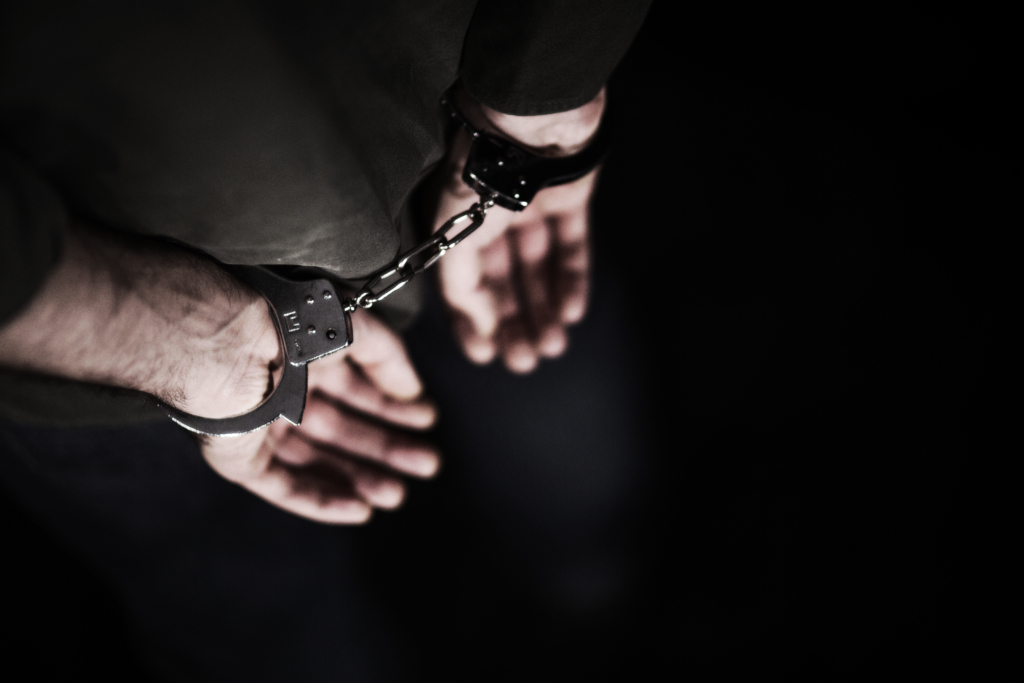‘If you’ve got nothing to hide, you have nothing to fear’, but a detailed analysis of the human rights cost of the fast-expanding security state all over the world suggests otherwise.

The New Normal
Governments have rejected the view that they should provide security so people can enjoy their rights, and adopted the view that they must restrict rights to provide security. Many countries have made it easier to invoke and extend states of emergency and other emergency measures; what should be exceptional and temporary powers have increasingly become permanently embedded in ordinary criminal law.
Overly broad definitions of terrorism are a big part of the problem. Because there is no universally agreed definition, states and international bodies have created their own. But in that process, definitions of terrorism have become increasingly vague, so that they can be arbitrarily applied, meaning law-abiding citizens can be subjected to unwarranted surveillance, administrative orders which restrict their liberties, intrusive searches, arbitrary arrests, red-tagging or even worse, extrajudicial executions.
In the context of ‘countering terrorism’, states must ensure the respect of international human rights and humanitarian law. Currently, the implementing rules and regulations (IRR) of Republic Act 11479 or the Anti-Terrorism Act of 2020 in the Philippines is in violation of international standards on human rights and counter-terrorism.
The law risks granting further excessive powers to the Philippine executive, which has presided over serious human rights violations in the country under President Duterte. The Duterte administration continues to pursue its “war on drugs” despite the tens of thousands already killed by the police and by armed individuals. Attacks against human rights defenders and critics of the government – including activists, journalists, lawyers, church leaders, trade union leaders, and individuals and groups affiliated with the political left – have increased under a climate of impunity; they have repeatedly been ‘red-tagged’ and accused of being “terrorists” because of their perceived links to communist groups.
A disturbing picture is emerging in which unchecked powers are trampling freedoms we have all taken for granted.
The Act defines terrorism as:
- Engaging in acts intended to cause death or serious bodily injury to any person or endangers a person’s life;
- Engaging in acts intended to cause extensive damage or destruction to a government or public facility, public place, or private property;
- Engaging in acts intended to cause extensive interference with, damage, or destruction to critical infrastructure;
- Developing, manufacturing, possessing, acquiring, transporting, supplying, or using weapons; and
- Releasing dangerous substances or causing fire, floods or explosions when the purpose is to intimidate the general public, create an atmosphere to spread a message of fear, provoke or influence by intimidation the government or any international organization, seriously destabilize or destroy the fundamental political, economic, or social structures in the country, or create a public emergency or seriously undermine public safety
Under the law, persons who propose, incite, conspire, and participate in the planning, training, and facilitation an offence under the act, as well as those who provide support to ‘terrorists’ as defined under the act, or recruit members of a ‘terrorist organisation’, could face life imprisonment without parole.

The law also punishes the following offences with 12 years’ imprisonment:
- Threatening to commit ‘terrorism’
- Inciting others or proposing to commit ‘terrorism’
- Voluntarily and knowingly joining any ‘terrorist group’
- Acting as an accessory in the commission of ‘terrorism’
The law allows suspects to be detained without a judicial warrant of arrest for 14 days and can be extended by 10 more days, and placed under surveillance for 60 days, that can also be extended by up to 30 days, by the police or military.

